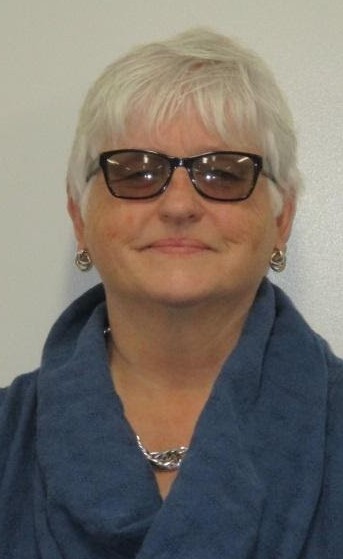When to Send Written Notices to Unit Owners

A condominium’s board of directors is responsible for informing unit owners of events, changes, and other matters relating to the condominium community. Often the board has a property manager who assists with providing this information to unit owners. The most effective way to notify owners (and in some cases, the method required by law) is by sending written notices.
This blog covers some of the common situations where condominiums send written notices to unit owners, and explains how and when to provide these notices.
Notices of Owners Meetings
The Condominium Act, 1998 (the “Act”) requires a condominium to send owners and mortgagees two different written notices before any owners meeting. The two types of notices are:

1. Notice of Meeting: This notice must be given at least 15 days before the meeting. There is a prescribed form that must be used, which includes (among other things) the date, time, and location of the meeting and a summary of the meeting subject matter. The Notice of Meeting is delivered to owners and mortgagees whose names are, or are required under the Act to be, in the condominium’s records 20 days before the meeting date.
2. Preliminary Notice of Meetings: This notice must be given at least 20 days before the Notice of Meeting is given. There is also a prescribed form that must be used, which includes (amongst other things):
a. the purpose of the notice and upcoming meeting;
b. if the meeting will elect directors, details on the position(s) available and the date by which any interested candidates must notify the board of their intention to be a candidate; and
c. if any owner wishes to include any material with the Notice of Meeting, to provide the material by a set date.
The Preliminary Notice of Meeting is delivered to owners and mortgagees whose names are, or are required under the Act to be, in the condominium’s records 5 days before the notice is given.
Note that if the board has lost quorum and/or the entire board has resigned, the Preliminary Notice of Meeting must be given at least 15 days before the Notice of Meeting, and the meeting itself must be held within 30 days of losing quorum.
Depending on the type of owners’ meeting being held, there are additional documents which must be provided with the meeting notices. Ensure you check the requirements applicable to the type of meeting you are calling.
Notice of Rules
If the board makes, amends, or appeals a rule, the board must send notice to owners that includes the new rule(s), the date the rule(s) will be effective in accordance with the Act, and a statement of the owners’ right to requisition a meeting.
Notice of Future Funding of the Reserve Fund
Every condominium must complete a reserve fund study every three years, and this study gives the condominium and owners vital information on future costs the condominium will incur.
Within 120 days of receiving a reserve fund study, the board must propose a plan of future funding of the reserve fund that ensures the fund will be adequate. Within 15 days of proposing a plan, the board must send owners a notice on the prescribed form which includes a summary of the study, summary of the proposed plan, and statement of any differences between the study and the plan.
Community Notices
Some notices don’t need to be given to each individual unit owner, but should be posted in a location that all owners will see. Examples includes notice of temporary amenity closures and fire alarm testing.
For general notices like these, consider posting advance notice of the event in the elevators, lobby, and on any shared online owner portal/website. The notice should be specific and clear. Include dates, times, and contact information for who owners can contact if they have questions (e.g. the property manager’s email address).

Hard Copy vs. Electronic Notices
Would you like to provide notices by e-mail instead of in paper form? Many owners prefer e-mail too! However, written notices required under the Act must be given in hard (paper) copy to owners unless the board has passed a resolution authorizing electronic communication with owners and the owners have agreed to receive notices electronically.
There is a prescribed form of Agreement to Receive Notices Electronically, which each owner and the condominium corporation must sign before that owner can received electronic notices.
Benefits of Written Notice
Providing written notice to owners of upcoming events or changes, even in situations where you may not be required to do so, has many benefits. If you’re unsure of whether you should provide notice, consider:
1. Owners appreciate being kept “in the know.”
2. From a management perspective, providing advance notice will reduce the likelihood that an owner raises a dispute related to the subject of the notice later on. If an owner does wish to dispute the subject matter of the notice, it is better for everyone that this dispute arises before the event/change takes place.
3. Open communication facilitates healthy relationships (in any context) and builds trust between the board/property management and the owners.
The circumstances for providing notices discussed in this blog are not an exhaustive list of when to send written notices. If you are unsure of whether a written notice is required or recommended, or the timeframe in which to send a notice, consult a professional (for example, your property manager or condominium lawyer).
I also recommend reviewing these blogs by my colleague Michelle Kelly with additional examples of notices to owners: Notice to Owners, Not Just for Meetings, and Notice to Owners, Not Just for Meetings Part 2.

Annie Bailey
Condominium Lawyer
Robson Carpenter







